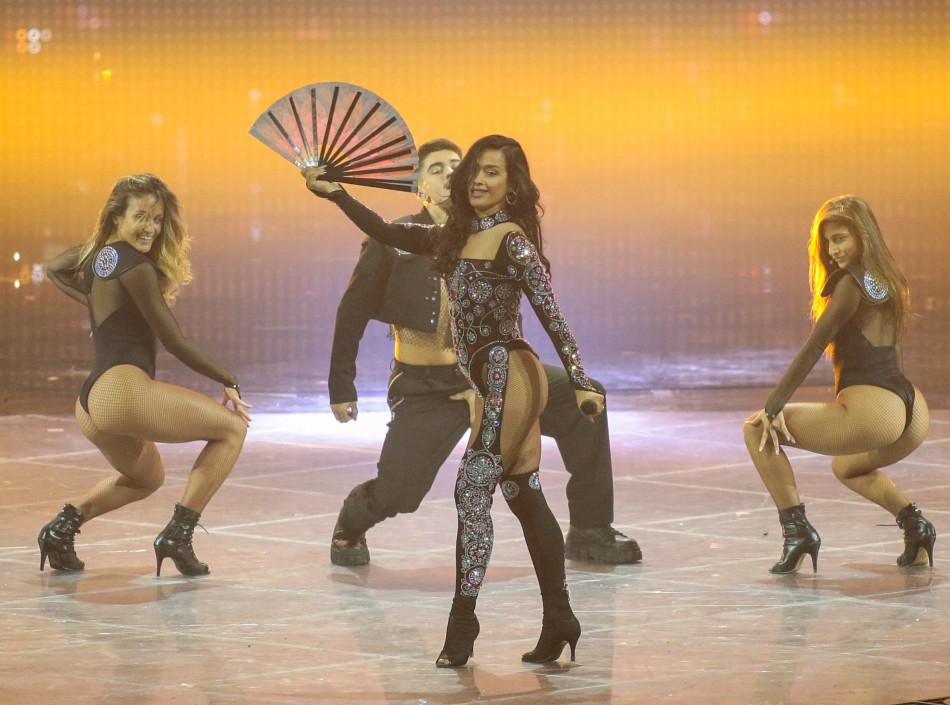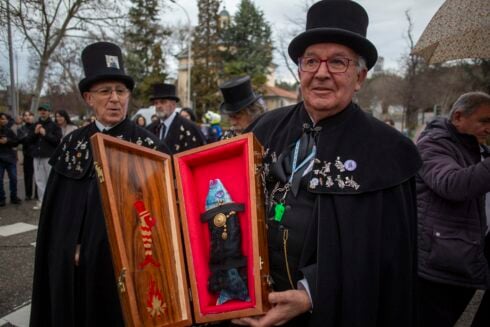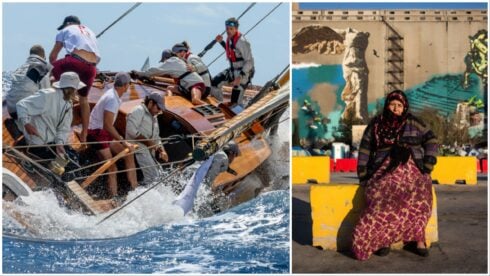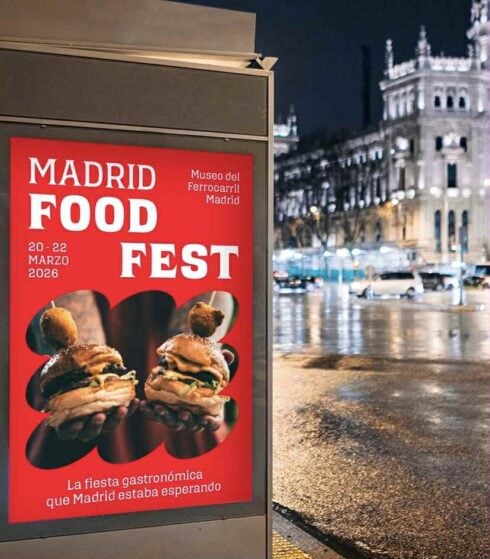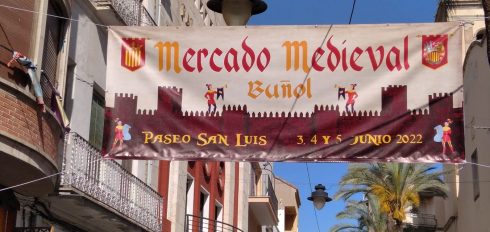IT would be poetic justice if indeed Spain had been robbed of Eurovision glory by the UK thanks to an algorithm, as claimed by the BBC.
Although this year’s undisputed winner went to Ukraine’s entry in a show of solidarity over the Russian invasion, second place is being hotly disputed.
Spain was a mere seven points behind the UK in the competition staged earlier this month in Turin as support for Sam Ryder’s Space Man outstripped Chanel’s reggaeton number ‘SloMo’.
However when it was revealed that a pact had been struck between six countries to vote for each other in the semi-finals of the contest, organisers opted to scrap their jury votes and instead use an algorithm.
Now a report on the BBC has claimed that without this algorithm, Spain would in fact have taken second place.
In a typical contest Jury votes from each country are added to votes from the public to reach the total score.
This year the UK received 283 jury votes to Spain’s 231 while in the public vote, Spain was ahead with 228 votes to the UK’s 183.
Charlotte McDonald, a BBC producer and Eurovision reporter, told BBC Radio 4’s More or Less programme: “If I was Spanish, I would certainly be claiming that Spain beat the UK. I think it would have been a really big scandal if Ukraine hadn’t blown everyone away with an extraordinary audience vote.”
The programme revealed that Azerbaijan, Georgia, Montenegro, Poland, Romania and San Marino all had their jury votes voided, and that insead points were handed out based on averages from countries deemed to have similar tastes.
One example given in the programme was Romania, which would have given five points to Spain and ‘nil point’ to the UK had the algorithm not been used and the pact carried out.
Instead, the algorithm awarded eight points to the UK from Romania and only one to Spain.
The irony of the row is that in 1968, the first time Spain did win the title and one of only two times that Spain won Eurovision, it was a fix.
Massiel famously beat English crooner Cliff Richard and his classic “Congratulations” with her somewhat repetitive “La, La, La” thanks to a helping hand by none other than Spanish dictator Francisco Franco who, it later emerged, had rigged the competition.
He reportedly had the competition fixed to improve Spain’s image abroad, buying television programmes from European neighbours in exchange for ‘douze points’ on the night of the contest which that year was held in London’s Royal Albert Hall
At the time the winner of the competition was decided by a jury composed of 10 members from each of the 17 countries participating. Each member awarded one point to their favourite song.
With the emerging tourist industry on the Spanish Costas, Franco’s regime hoped that a Eurovision win would boost its popularity both at home and abroad.
This year Spain has celebrated its third position, the best placing it has achieved in the contest in decades.
The 31-year-old Cuban-born entertainer wore a revealing outfit styled on a bullfighter’s traja de luz and included other Spanish elements in her performance such as the iconic fan.
Thankfully the rivalry between the UK and Spain in this year’s competition is rather a moot point because Ukraine overwhelmingly won the competition with a total of 631 points.
READ ALSO:
Click here to read more La Cultura News from The Olive Press.

